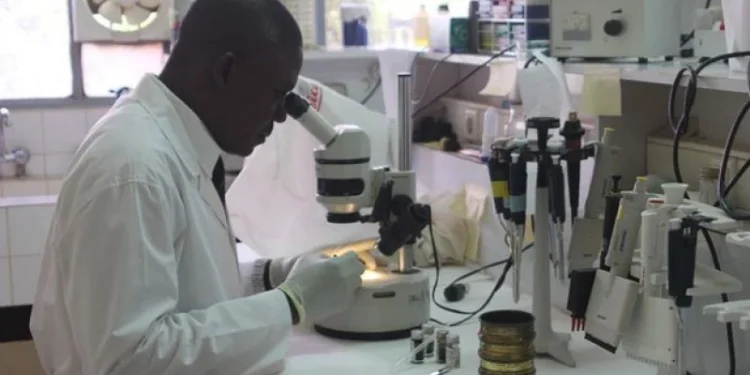APML Commends HeFRA for Upholding Standards, Urges Collaborative Approach to Enforcement
The Association of Private Medical Laboratories Ghana (APML) has commended the Health Facilities Regulatory Agency (HeFRA) for its critical role in upholding standards in Ghana’s healthcare system through consistent on-site monitoring and regulatory oversight.
In a statement issued by the Association, the APML reaffirmed its commitment to full compliance with HeFRA’s mandate, emphasizing that all health facilities must be duly licensed and in good standing with the regulator to ensure quality healthcare delivery to the Ghanaian public.
However, while endorsing HeFRA’s regulatory objectives, the Association has called for a more collaborative and context-sensitive approach to enforcement. According to the APML, the current implementation of penalties and facility closures does not adequately differentiate between service providers and risks creating severe unintended consequences for healthcare access and employment.
Key Concerns and Recommendations
- Protecting Essential Service Providers
The APML’s foremost concern centers on laboratories that serve as the sole diagnostic service providers in their respective catchment areas. The Association warns that imposing penalties or closing such facilities could deprive entire communities of critical healthcare access. It has therefore urged HeFRA to develop a policy framework granting these facilities a grace period and supportive engagement to achieve compliance rather than resorting to punitive actions.
- Preserving Employment and Stabilizing the Sector
Highlighting the broader socio-economic implications, the APML noted that Ghana’s private health sector remains a significant source of employment. It cautioned that the closure of facilities due to heavy fines could worsen unemployment levels, particularly as more than 70,000 health professionals are already without jobs. The Association maintained that a “supportive path to compliance” is essential to preserve jobs and retain skilled professionals within the healthcare system.
- Reviewing the Penalty Structure
The Association also called for a review of HeFRA’s penalty regime, arguing that the current system of substantial fines risks permanently shutting down smaller laboratories already grappling with high operational costs. It proposed the suspension of existing penalties and the introduction of a phased compliance system that allows facilities to allocate scarce resources toward meeting regulatory standards instead of paying crippling fines.
- Enhancing IT and Training Support
According to the APML, one of the major compliance hurdles is navigating HeFRA’s registration portal. It therefore appealed to the Agency to establish dedicated IT support channels and conduct refresher training sessions to assist health facilities—particularly in regions with limited HeFRA presence. The Association expressed readiness to collaborate with the regulator in providing such capacity-building initiatives.
The APML emphasized that a balanced regulatory approach—one combining firm standards with supportive mechanisms—is crucial to maintaining quality, preserving healthcare access, and protecting employment.
“We assure HeFRA of our unflinching support and commitment to working collaboratively towards our shared goal of a robust and compliant healthcare system,” the statement concluded.
About APML
The Association of Private Medical Laboratories Ghana (APML) is the umbrella body representing private medical laboratories and diagnostic service providers in Ghana. The Association promotes the interests of its members through advocacy, training, continuous professional development (CPD), and the advancement of best practices within the medical laboratory sector.








